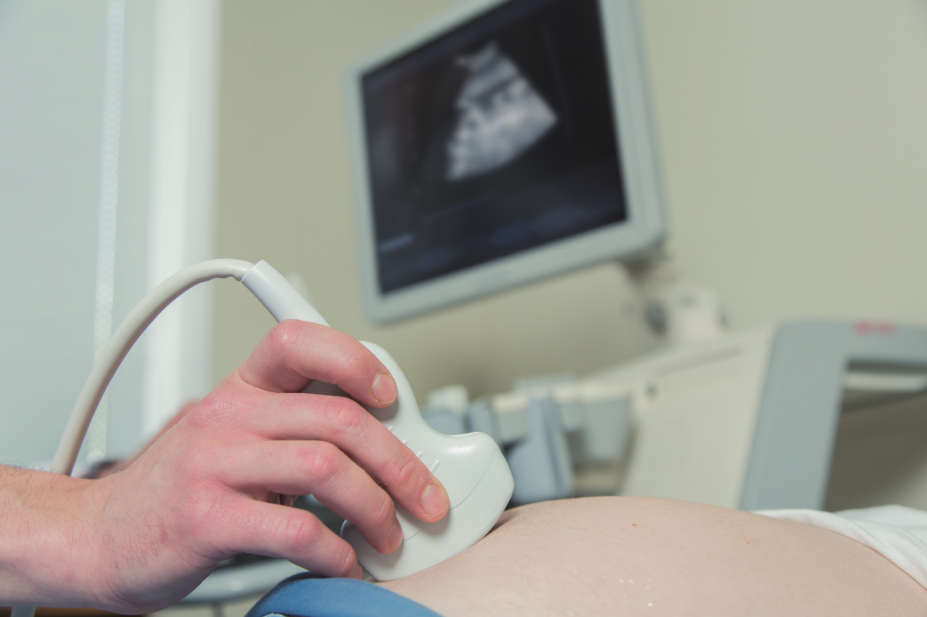
Shutterstock.com
Pregnant women with depression are commonly prescribed fluoxetine; however, in recent years, the safety of maternal fluoxetine during the first trimester of pregnancy has become a source of controversy.
To find out more, researchers carried out a systematic search of PubMed and Web of Science from inception to 21 March 2016 using various keywords, including ‘fluoxetine’ and ‘congenital abnormalities’.
From the selected cohort studies, it was found that pregnant women who used fluoxetine during the first trimester had a statistically significant increased risk of major malformations in infants (relative risk [RR] 1.18, 95% confidence interval [CI] 1.08–1.29), including cardiovascular malformations (RR 1.36, 95% CI 1.17–1.59) and septal defects (RR 1.38, 95% CI 1.19–1.61).
No risks were found to be associated with other system-specific malformations such as the digestive or respiratory systems, however.
Publishing their research in the British Journal of Clinical Pharmacology
[1]
(online, 17 May 2017), the researchers conclude that healthcare providers should carefully consider the risks and benefits before proceeding with fluoxetine therapy.
References
[1] Gao S-Y, Wu Q-J, Zhang T-N et al. Fluoxetine and congenital malformations: a systematic review and meta-analysis of cohort studies. Br J Clin Pharmacol 2017. doi: 10.1111/bcp.13321


